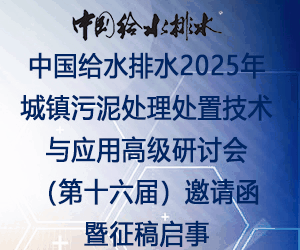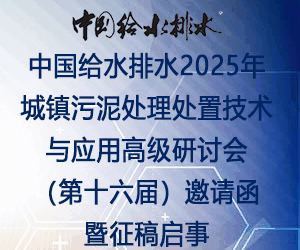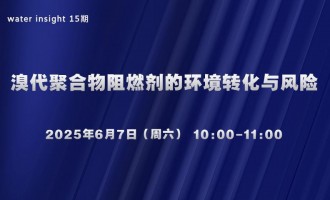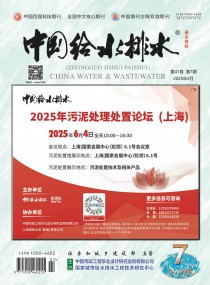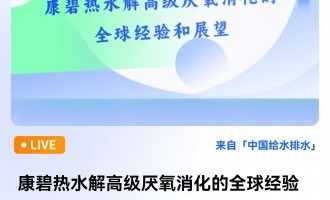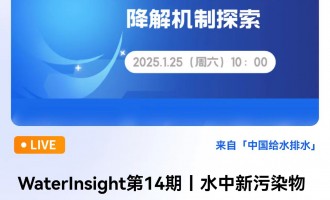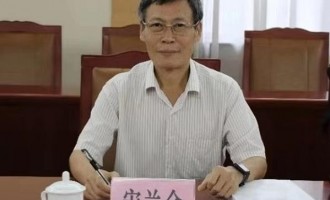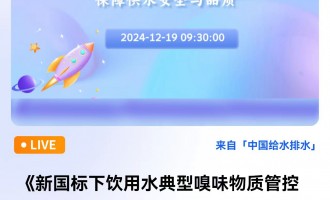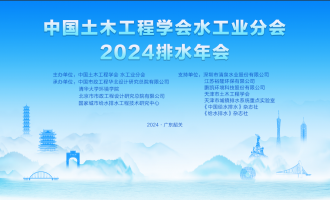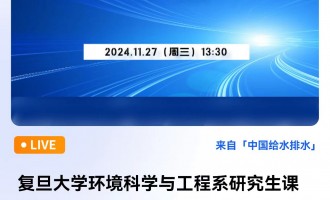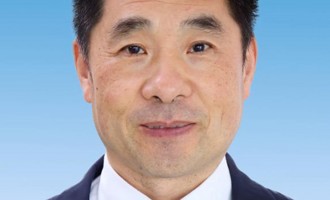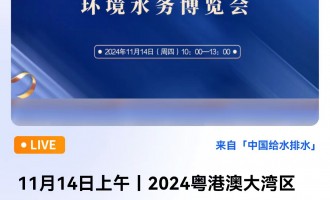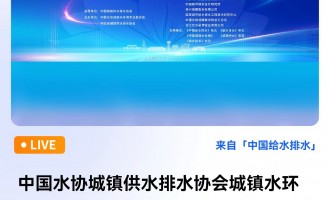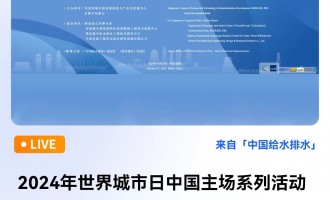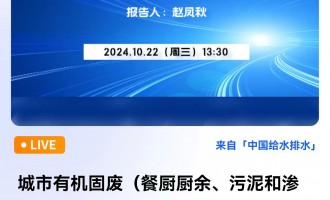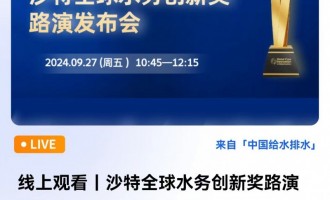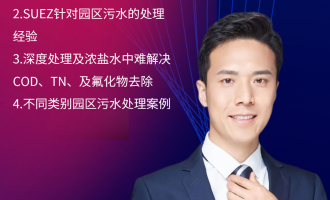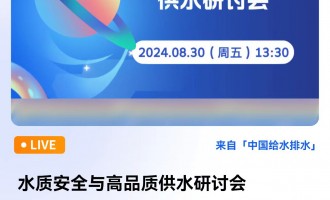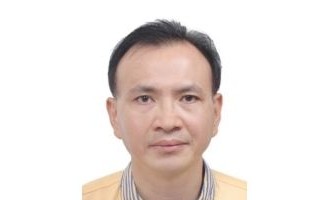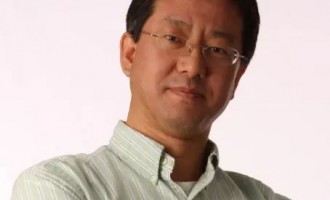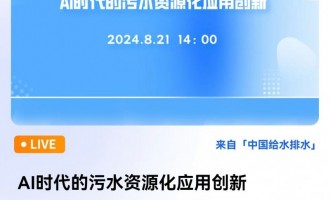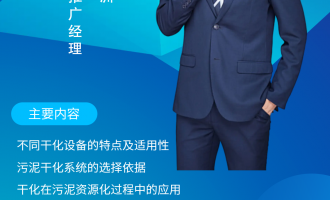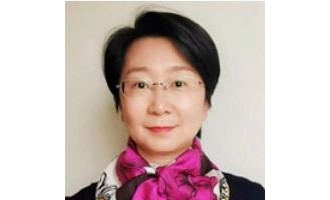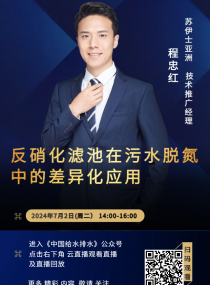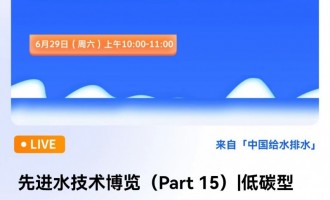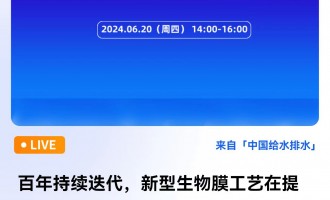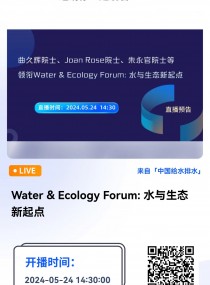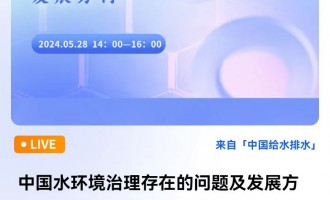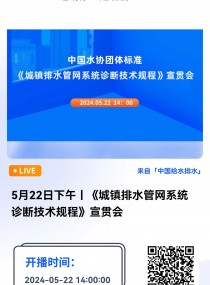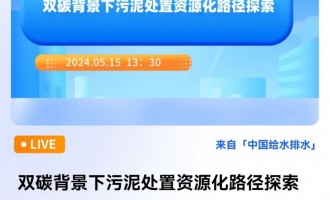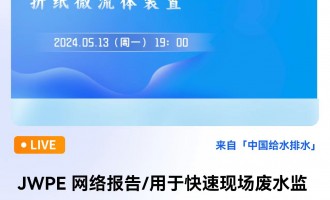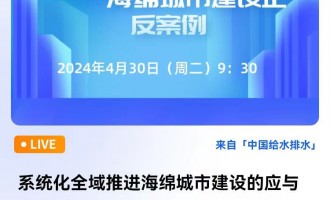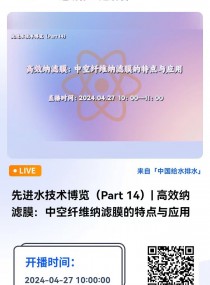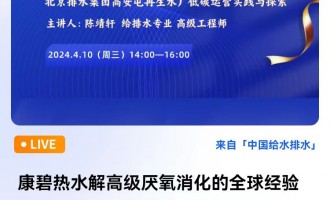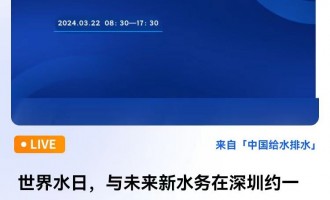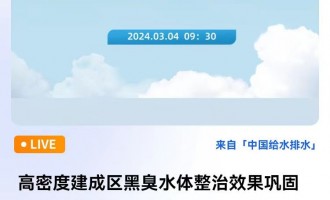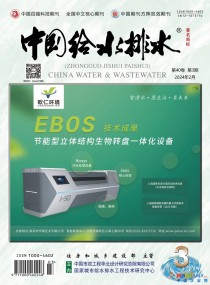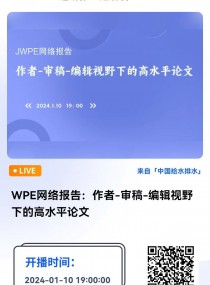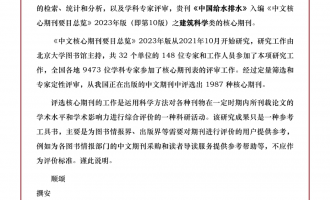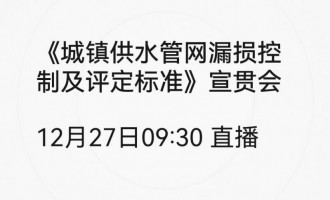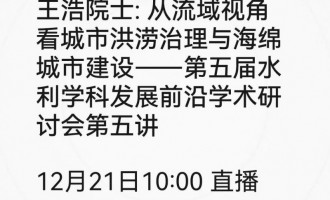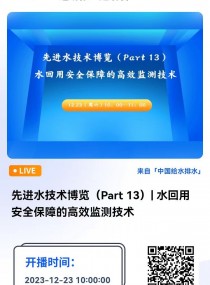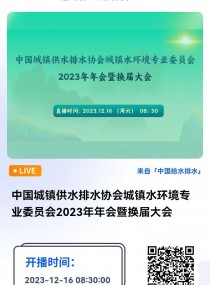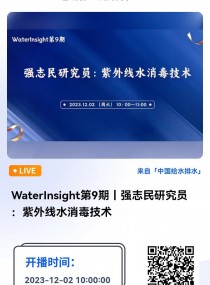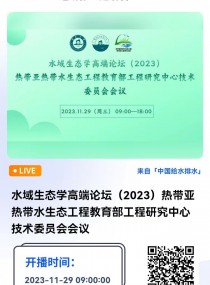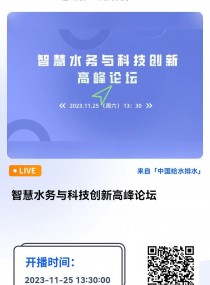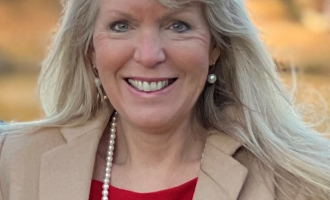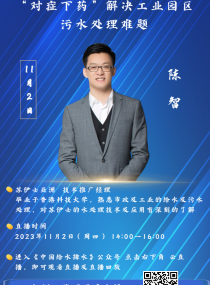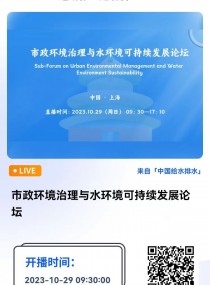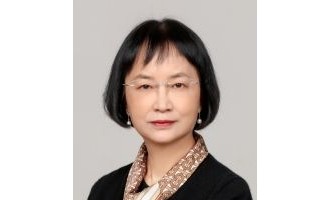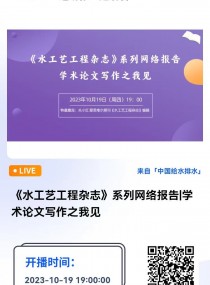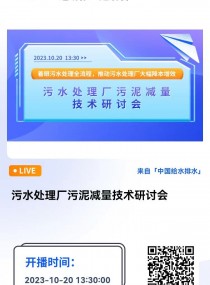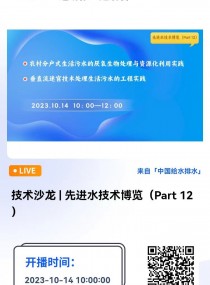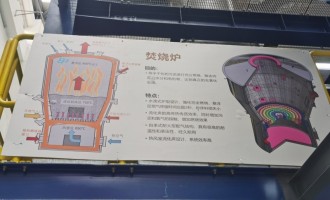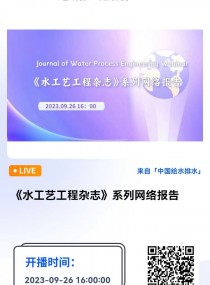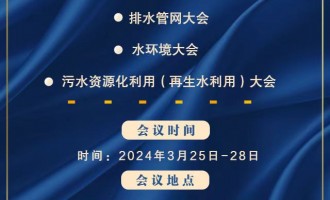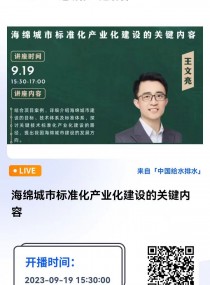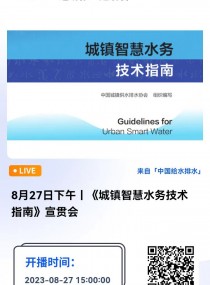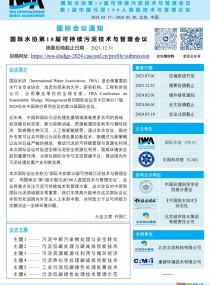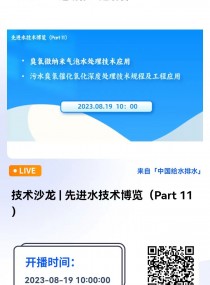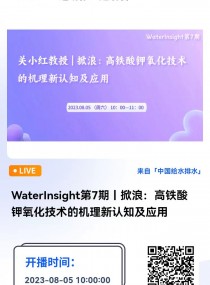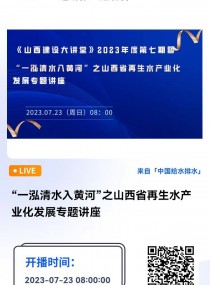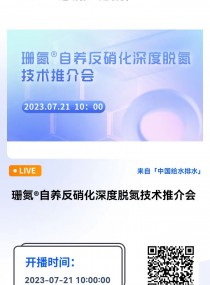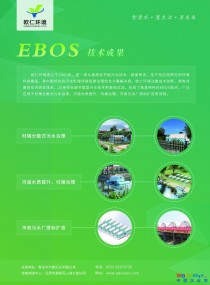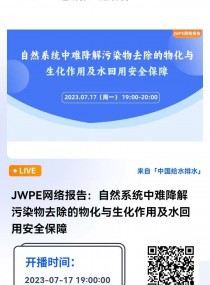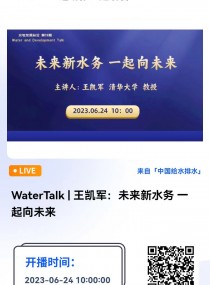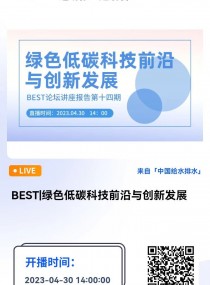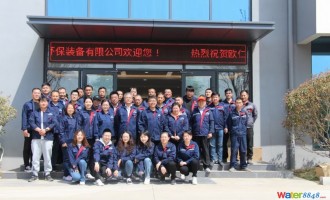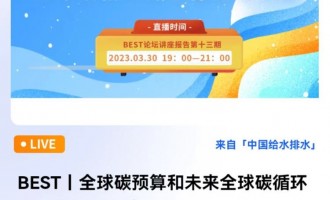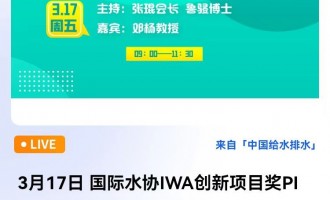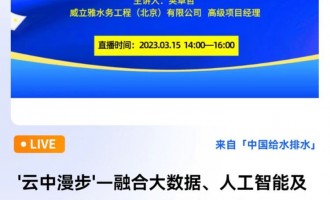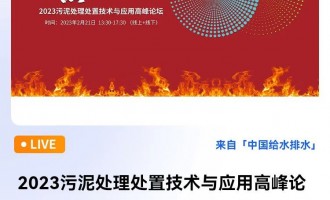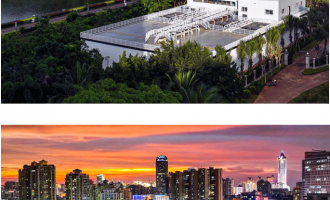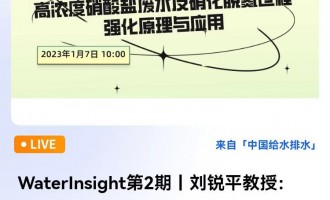中荷中心 | Mark van Loosdrecht获政府友谊奖并感言合作
导言
Mark van Loosdrecht教授获得2020度中国政府友谊奖,但因3年新冠疫情原因而未能颁奖。在2025年1月25日下午国家人力资源和社会保障部举办的颁奖仪式上,Mark van Loosdrecht正式被颁授这一奖项,以表彰他30年来与中国学术(北京建筑大学)与技术(首创生态环保集团)合作所做出的友谊贡献。颁奖后,van Loosdrecht教授还专门撰写了其与中国多年合作的感言——缩缝:加速基础研究转化工程实践(内容附后),他特别以“中—荷未来污水处理研发中心”为例总结了学术转化生产力的国际通行做法与其在中国的实践。颁奖会后van Loosdrecht教授还应中国政府的邀请,特别出席了1月27日上午在人民大会堂举办的中国政府春节团拜会。
Mark van Loosdrecht教授被授予中国政府友谊奖
Mark van Loosdrecht教授出席春节团拜会
Mark van Loosdrecht获奖感言:
缩缝:加速基础研究转化工程实践
——以中—荷研发中心为例
马克·梵·洛斯德莱特
能够参加今天的颁奖仪式我倍感荣幸。非常荣幸能够在大家的见证下获得“中国政府友谊奖”,我要向中国及尊敬的各位代表们致以衷心的感谢。这一奖项不仅仅是对我个人努力的认可,更象征着我与众多中国科研人员和工程师,尤其是和北京建筑大学以及北京首创生态环保集团之间的长久友谊和合作。
作为荷兰代尔夫特理工大学教授,与中国已有30年联系并合作,我有幸见证了中国过去30年来的非凡变革。这种快速发展堪称奇迹,但也伴随着挑战,尤其是环境问题。然而,中国独特之处在于勇敢地直面这些挑战。中国致力于在经济发展与环境保护之间实现平衡,这从其生态文明建设战略以及人与自然和谐共生的方针中可见一斑。这些努力体现了中国为可持续、繁荣的全球文明做贡献的决心。这一雄心壮志令人深受鼓舞,也颇感欣慰。多年来,我在污水处理领域与中国的合作让我收获颇丰,并荣幸地获得了中国工程院外籍院士、中国政府友谊奖以及北京市长城友谊奖、国际合作中关村奖等荣誉,这是对我们共同使命意义的肯定。
然而,合作不应局限于学术领域。大学在教书育人与基础研究中扮演着重要角色,但研究的真正价值在于能够服务于社会并推动社会发展。发表科学论文固然重要,但我们的最终目标应是将所获得的知识转化为推动可持续发展和共同繁荣的工程技术。这一转化依赖于基础研究、技术开发和工程应用三者间无缝衔接。政府、大学和企业在这一过程中各有分工,发挥着不同但互补之作用。政府为基础或学术研究提供基本经费,而企业对将发明从实验室推向实际应用的大力投资则至关重要。各方协作对于弥合学术发现与产业突破之间的差距特别关键。
在我与中国合作的30年中,我目睹了中国环保产业的蓬勃发展。这个领域蕴含着巨大的潜力。为支持其进一步发展,我们于2016年与北京建筑大学和首创环保集团共同成立了中—荷未来污水处理技术研发中心。我们合作研发了具有独立知识产权的新一代污水处理技术,并将其应用于许多工程项目。我们的工作旨在通过创造新质生产力,推动中国环保产业焕发新机。北京建筑大学加速前瞻原创研究并发挥基础性支撑作用,首创环保集团战略参与及投资在将创新技术转化为实际解决方案方面发挥了决定性作用,推动了好氧颗粒污泥、碳减排、资源与能源回收以及智慧控制等领域的突破。这些努力最终形成了“蓝色水工厂”技术框架,体现了生态循环原则,成为全球可持续污水管理之标杆。
国际合作与文化交流在应对全球紧迫挑战中比以往任何时候都更为重要,相互理解与互学互鉴则显得前所未有的必要。来自不同文化背景的人们需要携手合作,共同应对全球环境问题,为解决这些问题提供有效方案。400年前,中国景德镇青花瓷工艺跨越重洋传入荷兰,启发了著名的荷兰代尔夫特蓝瓷诞生,将实用与美丽完美结合。今天,我们通过分享荷兰水技术与专业知识,将这种互学互鉴的精神传承下去。这一现代“蓝色”合作,正是学习与交流力量的生动体现。
我坚信,双边开放与合作能实现优势互补、互利共赢。在回顾这段共同的旅程时,我深受鼓舞,并愿意将余生致力于推动这些愿景的实现。让我们携手应对全球环境挑战,共同开创可持续发展的未来。
Bridging the Gap: Accelerating Fundamental Research into Practical Impact
Taking the Sino-Dutch R&D Center as an Example
Mark van Loosdrecht
It is a privilege to participate in today’s the ceremony. I stand before you deeply honored to receive the China Government Friendship Award, and I extend my heartfelt gratitude to China and its esteemed representatives. This award is not just a recognition of individual effort, but a symbol of the enduring friendship and collaboration with many researchers and engineers in China – especially with the Beijing University of Civil Engineering and Architecture (BUCEA), and the Beijing Capital Eco-Pro Group (BCEPG).
As a professor at Delft University of Technology in the Netherlands, with a 30-year history of partnership and connection with China, I have had the unique opportunity to witness China’s remarkable transformation over the past three decades. This rapid development is nothing short of extraordinary, though it has not come without challenges – most notably, environmental issues. Yet, what sets China apart is its commitment to addressing these challenges head-on. The country’s dedication to balancing economic growth with environmental protection is evident in its adoption of Ecological Civilization Construction and strategies aimed at fostering harmony between humans and nature. These efforts reflect China’s determination to contribute to a sustainable and prosperous global civilization. It is both inspiring and reassuring to see such ambition in action. My collaboration with China in the field of wastewater treatment has been a deeply rewarding journey. Over the years, my contributions have been recognized with honors such as the title of Foreign Member of the Chinese Academy of Engineering, the Chinese Government’s Friendship Award, Beijing’s Great Wall Friendship Award, and Beijing’s Zhongguancun International Cooperation Award. These accolades affirm the significance of our shared mission,
However, collaboration must go beyond academia. While universities play a crucial role in education and fundamental research, the true value of research lies in its ability to create tangible benefits for society. Communicating that research in the form of scientific papers is important, but the ultimate goal should be to transform acquired knowledge into technologies that drive sustainable development and shared prosperity. This transformation depends on a seamless connection between three key elements: research, technology development, and engineering. Governments, universities, and enterprises each have distinct roles to play in this process. Governments provide essential funding for fundamental or academic research, while enterprises are critical for scaling inventions from laboratory to real-world innovations. Collaborations between these entities is essential to bridge the gap between academic discoveries and industrial breakthroughs .
During my 30 years of cooperation with China, I have witnessed the impressive growth of China’s environmental protection industry. This field holds enormous potential, and to support its advancement we founded the Sino-Dutch Future Wastewater Treatment Technology R&D Center in 2016, alongside with Beijing University of Civil Engineering and Architecture and Capital Eco-Pro Group. Together, we developed next-generation wastewater treatment technologies with independent intellectual property rights, applying them in full-scale engineering projects. Our work aims to revitalize China’s environmental protection sector by creating New-Quality Productive Forces. Beijing University of Civil Engineering and Architecture accelerates forward-looking and original research and plays a foundational and supportive role, Capital Eco-Pro Group’s strategic involvement and investments has been pivotal in turning innovative technologies into practical solutions, leading to breakthroughs in areas such as aerobic granular sludge, carbon emission reduction, resource and energy recovery, and intelligent operations. These efforts have culminated in the “Blue Water Factory” technology framework, which embodies ecological recycling principles and sets global benchmark for sustainable wastewater management.
International collaboration and cultural exchange are more important than ever in addressing the world’s pressing challenges. Mutual understanding and learning from one another are more necessary than ever. People from different cultural backgrounds need to join hands to address shared challenges and provide effective solutions to the global environmental problems. Four centuries ago, China’s blue-and-white porcelain technology from Jingdezhen crossed the seas to the Netherlands, inspiring the creation of the famous Delft Blue ceramics in the Netherlands, blending practicality with beauty. Today, we continue this spirit of mutual exchange by sharing Dutch water technologies and expertise with China. This modern “blue” partnership exemplifies the power of learning from one another.
I firmly believe that bilateral openness and collaboration enable complementary strengths and mutual benefits. As I reflect on this shared journey, I am inspired to dedicate the remainder of my life to advancing these ideals. Together, let us tackle global environmental challenges and pave the way for a sustainable future.


